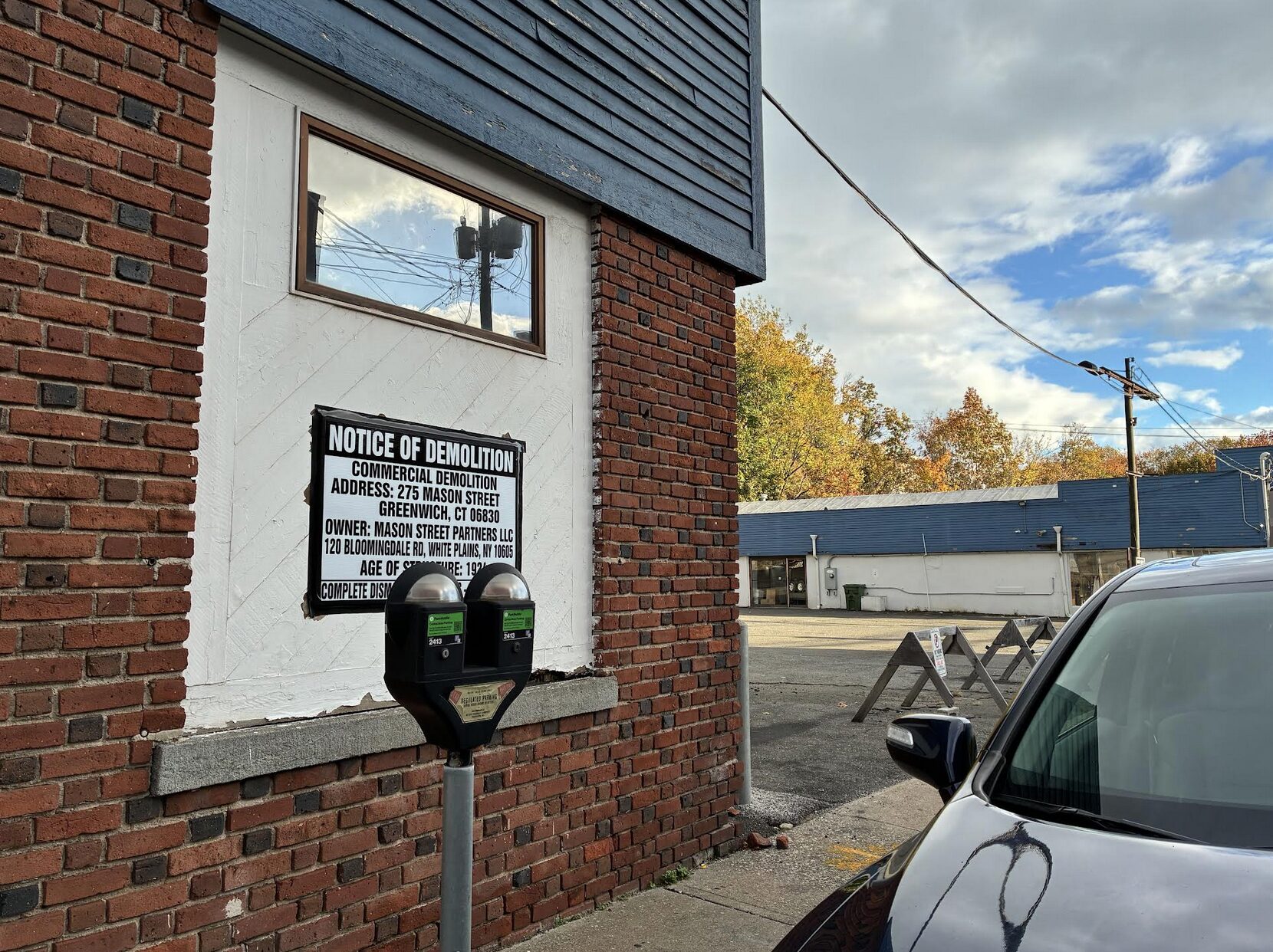In an announcement akin to a Friday news dump, and just as residents were busy preparing for Thanksgiving, Governor Ned Lamont signed the controversial omnibus housing bill, HB 8002, into law.
On X (Twitter) just after 5:00pm on Wednesday, Lamont posted, “Today I signed our new housing bill into law—another step toward making Connecticut a place where everyone has access to safe, affordable, quality housing. Proud of the bipartisan work that got us here.”
In a short video on X, the Governor thanked State Rep Jason Rojas (D-9) who represents parts of East Hartford and Manchester, and Senate Majority Leader Bob Duff (D-25), whose district includes Norwalk and Darien, for getting the legislation “over the finish line” and what he described as a bipartisan group of first selectmen and mayors he said took the lead.
“We call it ‘towns take the lead,” he said in the video.
“I think they appreciate more than anybody how important it is to get housing. If you believe in economic opportunity and affordability, you need more housing in those downtown areas. Let’s sign the bill.”
Lamont has described Connecticut’s housing shortage as among the most severe in the country.
“It is driving up costs for working families, deterring businesses from investing or growing, and worsening homelessness,” he said in a release earlier this month. “Simply put, the status quo is unsustainable.”
Two weeks ago both the Connecticut House and Senate voted to pass the omnibus housing bill, largely along party lines though the Greenwich Delegation to Hartford – split between Republicans and Democrats Senator Ryan Fazio (R-36), State Representatives Meskers (D-150), Hector Arzeno (D-151) and State Rep Tina Courpas (R-149) – were united in opposition to the bill.
HB 8002 is 104-pages long and is divided into 53 sections. It was intended to be a compromise after the Governor last June vetoed HB 5002, an earlier version of the housing bill that had also passed in both chambers of the Connecticut General Assembly, saying he would await an improved version of the bill.
The bill Lamont signed on Wednesday requires towns to create ‘housing growth plans’ and gives incentives for towns to allow more housing.
It eliminates minimum off-street parking requirements for apartment complexes with fewer than 16 units.
The law also expands fair rent commissions and bans “hostile architecture” that prevents people from lying down in public spaces.
The legislation excludes the process known as “fair share” that would have assigned every municipality a set number of housing units to plan and zone for.
Instead, the Council of Governments, “COGs” (Greenwich is part of WestCOG) will determine the number units each town needs to plan for, but towns have the option of coming up with their own plan.
The new legislation incorporates the principles of “Work Live Ride” to promote transit-oriented development for additional housing near transit stations by offering incentives and providing a framework for towns to participate through opt-in programs that make them eligible for state funding.
While there is an opt-in aspect to the bill’s requirements, elected officials including State Senator Fazio, Greenwich First Selectman Camillo, and housing authority board chair Sam Romeo, have repeatedly testified that failing to opt in means losing out on millions of dollars in state funding for infrastructure.
Mr. Romeo has described Greenwich Communities as the town’s affordable housing developer, but the housing authority relies on a mix of state and federal funding for projects, given the town does not provide any taxpayer funded dollars.
Local officials have defended criticisms that Greenwich is not building affordable housing.
Greenwich’s P&Z commission has in recent years approved about 1,000 new units of housing, with affordability ranging from 20% to 40%, but few projects have advanced given supply chain issues and and escalating construction costs.
In addition to the new legislation, the state affordable housing statute 8-30g that dates back to 1989 remains in effect, incentivizing developers to create affordable housing.
In fact, just this week the Greenwich P&Z commission voted to approve a 170-unit 8-30g development on King Street that will include 51 affordable units. The approval includes conditions that the applicant either obtain an extension of a sewer agreement with Westchester or create an alternate on-site system.

Aerial rendering of approved 8-30g development at 1165 King Street in Greenwich.
In an email after the meeting, Rich Granoff of Granoff Architects, said, “After many years of hard work, we are thrilled that this exciting project received Final Site Plan Approval. King Street is the right part of town for an apartment building. The 16-acre site will enable a “building in a park” that is fully amenitized with a swimming pool, pickleball courts and a host of other green spaces for the residents. And the 51 units of Workforce Housing will provide much-needed local homes for our first responders and school teachers. We look forward to starting construction next year.”
P&Z chair margarita Alban noted during discussion on Tuesday that a recent Connecticut law approved in 2024 requires municipalities to allow the conversion of vacant nursing homes into multifamily housing as of right, which she said could be an alternative for the applicant.
The owners of the former RegalCare nursing home which had sat vacant at 1188 King Street, took advantage of that law and were approved last June for 17 apartments, now being marketed as The Loren at King Street.

Demolition sign posted at 19 Benedict Place. Photo: Leslie Yager
And, of course demolition of 11 old houses is imminent to make way for a 120-unit 8-30g development approved by Greenwich in 2024, known locally as the Tranfo project on Benedict Court and Benedict Place. In that development 40% of the units will be affordable, a much higher percentage than required.
In December 2024, the commission approved with modifications an 8-30g development for 75 for-sale condos in two multi story buildings straddling Mason Street at the former Honda dealership. While the developer then sued the town, and the litigation is ongoing, buildings were all recently posted for demolition.

Buildings at the former Honda dealership posted for demolition. November 2025
During a Dec 2024 Greenwich P&Z hearing on the Mason Street 8-30g development, Gwen Briggs from neighboring Ridge Street voiced a memorable warning.
“What you’re essentially doing is killing the goose that laid the golden egg,” she said. “A building of this size is going to destroy the value of the properties on Ridge St. The $5, $6, $7 million houses directly behind it are now going to have to face a six story building when looking out their back windows, rather than have a view of the skyline and sunsets.”
See also:
Greenwich Officials React to Passage of HB 8002 in CT House & Senate
Nov 20, 2025